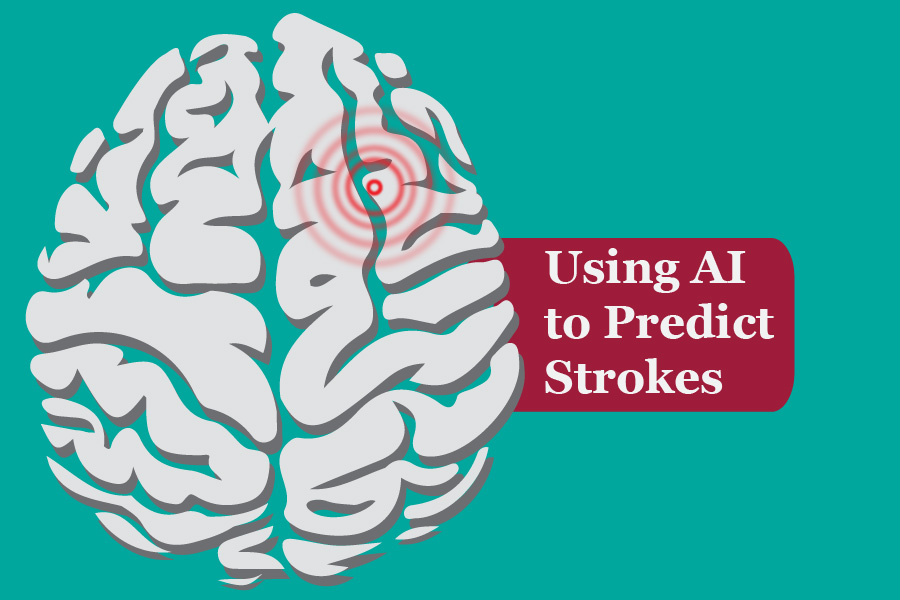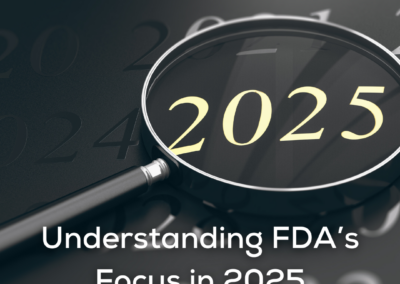One of the major purposes manufacturers incorporate AI or ML in their applications is to ease software computations and to predict precise results. I think compared to any other application, a medical application requires a lot of precise computations and therefore, AI is a perfect solution to enhance performance and productivity. While reading the health-tech news, I came across recent research in this regard, the use of AI in predicting a potential stroke or cardiac arrest.
This study was published in February 2020 in Circulation, The American Heart Association Journal. The major component used in this research work is cardiovascular magnetic resonance (CMR) imaging along with a contrast agent. Scanned CMRs provide the quantitative measure of the blood flow to the heart and a contrast agent is a substance that distinctively identifies certain elements during the standard imaging process. The lower the quantitative value of the CMR (pure blood flow), the higher the risk of having a stroke. Presumed to be one of the largest studies of its kind, the AI model was ‘learned’ or trained using CMRs of more than 1000 patients. Following my research, I found that the AI model utilized was Deep Convolutional Neural Network (DCNN).1 DCNNs are indeed the preferred AI model when it comes to image training, testing, and prediction. Once the model was trained and ready, new patient input data was supplied for checking the live predictive output. This input data was constituted by new CMRs along with other health parameters such as age, gender, weight, lifestyle habits, and other existing chronic diseases.2
Using the learned training data, the DCNN model predicted if there are signs of a potential stroke or cardiac arrest for patients of whom new CMRs were supplied for testing. With such predictions, patients can start early treatment and change their lifestyle habits to reduce or even eliminate the chance of a stroke. This is a monumental achievement for healthcare providers and patients alike.
To summarize, researchers in the healthcare sector are employing AI for predicting the probability of a stroke. But before the software is deployed and installed, manufacturers should ensure that their product is thoroughly validated. EMMA International has experience validating complex software applications that include AI, Cloud, IoT, and Cybersecurity. Also, our experienced quality and software experts can guide you through the FDA regulatory process to ensure your AI/ML-based medical device is FDA compliant. Contact us at 248-987-4497 or info@emmainternational.com for more information.
1Knott, K. D., Seraphim, A., Augusto, J. B., Xue, H., Chacko, L., Aung, N., … & Moon, J. C. (2020). The prognostic significance of quantitative myocardial perfusion: an artificial intelligence–based approach using perfusion mapping. Circulation, 141(16), 1282-1291.
2Alice Park (February 2020). How AI Can Predict Heart Attacks and Strokes. Retrieved on February 12th, 2021 from https://time.com/5784090/ai-heart-attack-stroke/.






